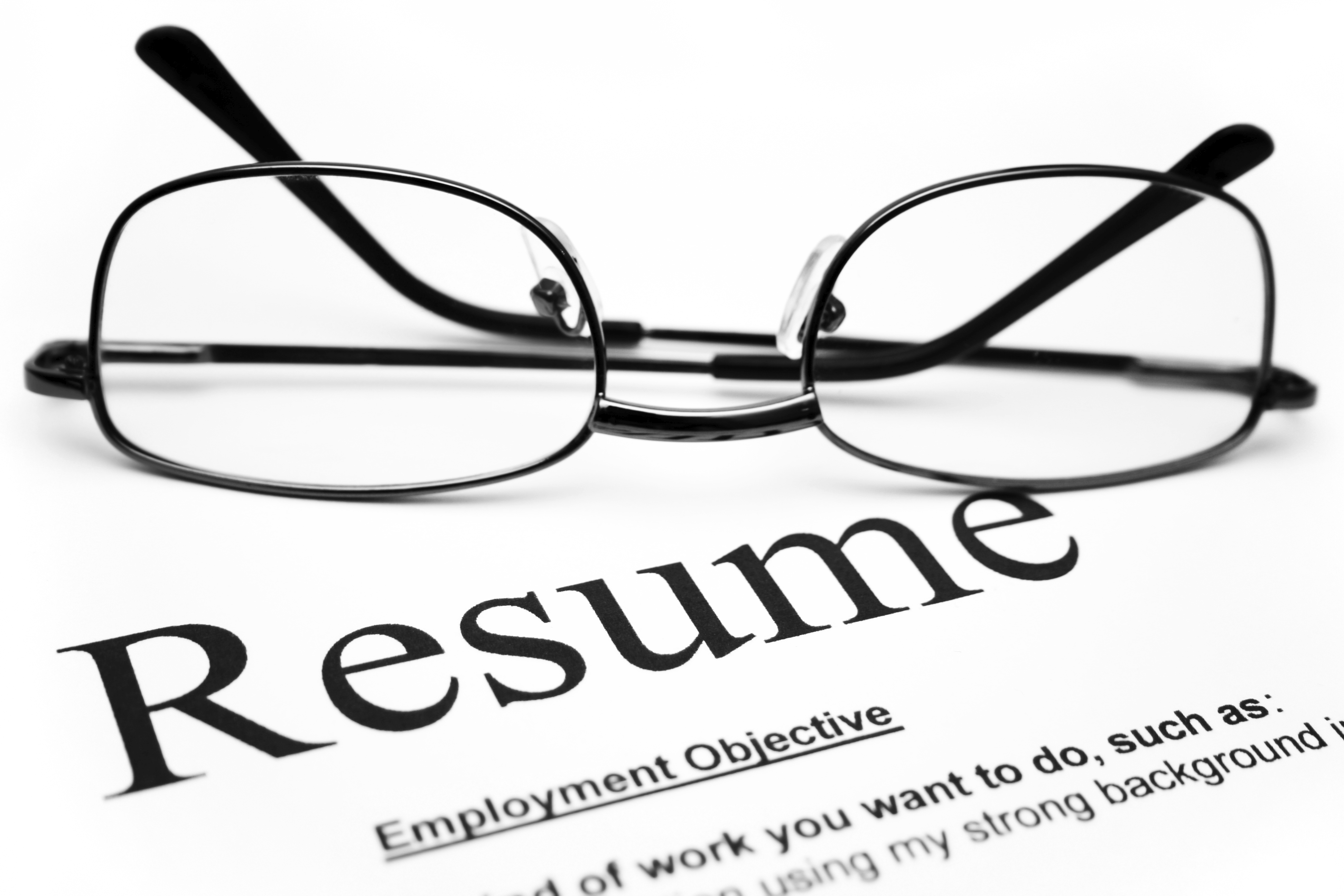AARP Hearing Center

Welcome back to our Work@50+ Wednesday series! We took a break on New Year's Day, but we've returned with some questions and answers about how to write a cover letter and resume that will get you noticed.
Is a one-page resume relevant for someone over age 50? I've worked in different industries for over 30 years and it's hard to reduce my experience to one page.
While a one-page resume is great, it's not a hard and fast rule. We'll quote this article from Forbes: "If you have enough relevant experience, training, and credentials pertaining to the position to showcase on more than one page of your resume, then go for it." Regardless of length, you should make every effort to make your resume concise, focusing on sharing key information in an easy-to-read format.
Does every resume need a cover letter?
Our general advice is that you should write and send a cover letter with your resume, unless a job posting specifically instructs you not to do so. We know that there are organizations that do not read cover letters, which means it's critical that your resume shows that you meet all the hiring requirements. However, as Caroline Ceniza-Levine writes, "While the majority of people in the hiring process don’t read the cover letter, those that read it really care about it." It's also your opportunity to add detail to your skills and experience that you may not have room to expound upon in your resume. Here are our tips on getting noticed with your cover letter.
What exactly are keywords and how should I use them?
Keywords can refer to how you conduct a job search, as well as the content of your resume. When using keywords in your job search, you may use a search term such as sales. However, to broaden your results in the same field, you could also search for marketing, business development, and client relations.
Keywords in your resume refer to the requirements listed in a job posting. Kate Lorenz points out, "Most job postings are loaded with industry- and position-specific buzzwords. Take your cues straight from the source and include those same words in your resume." For instance, if a job posting lists strategic planning and internal communications as sought-after qualifications, these are keywords you should include in your resume - providing, of course, that you have those skills. Kathy Robinson, founder of TurningPoint, recommends creating a list of keywords found in similar jobs, researching job descriptions from companies in your target industry.
If I have an up-to-date resume, do I really need a LinkedIn profile?
According to AARP Jobs Expert Kerry Hannon, a study by the Society for Human Resource Management found that 77 percent of employers are using social networks to recruit, with 94 percent using LinkedIn. Not only does your LinkedIn profile share your expertise, it also demonstrates that you are in step with using social media and technology - important skills in today's job market. If you're new to LinkedIn, this list from Kerry can help you get started on creating a successful LinkedIn profile.
For more tips on resume writing, including how to develop a chronological, functional, or combination resume, download our AARP-Resume-Kit. If you're looking for more resources, our job tips for 50+ workers include information on interviewing, job search strategies, and career planning.
Today’s post is the eleventh in our Work@50+ Wednesday bi-weekly series. Follow us on Facebook and Twitter to keep up to date on the latest in the series, as well as our events throughout the state. On Twitter, check out #workat50plus for the latest research and articles on the topic.































































